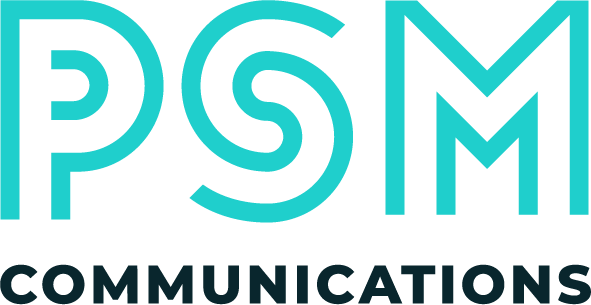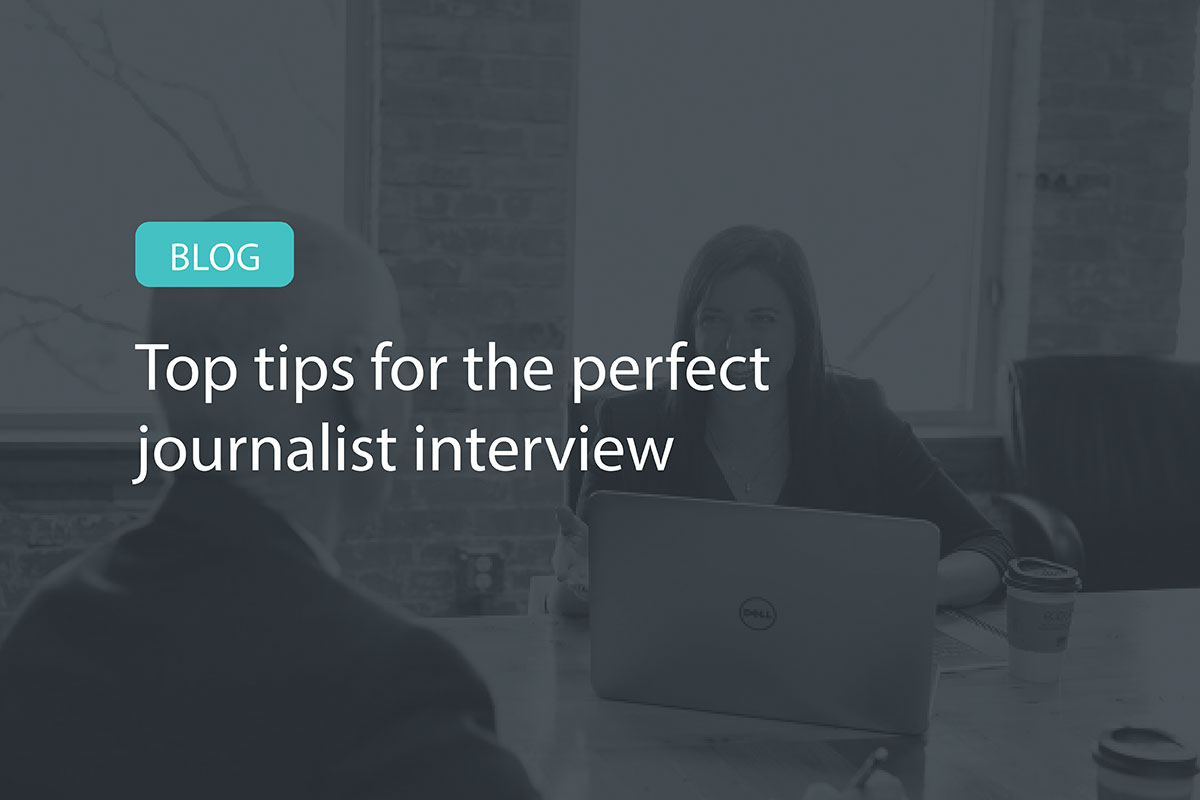Getting your voice heard through the media is an important part of professional services marketing. However, it can be one of the most daunting parts of being a consultant or business leader. It’s only natural to fear saying the wrong thing or being asked provocative questions. But it needn’t be. Journalists aren’t always horrible, scary beasts! Remember they need you to make sure their final piece has credibility. You after all are the authoritative voice.
Success in building media relationships comes down to preparation. If you can, we always recommend getting some media training before talking to journalists, but if you’re a smaller firm or an independent consultant who is just starting out, we understand that isn’t always possible, so for this blog we have pulled together some of our top tips for you to remember when talking to the media.
Respond Quickly
Journalists work fast. Deadlines are often measured in minutes not hours, so if you miss your window then your chance to comment will be long gone, and they may not come back to you in the future as a trusted source.
Journalists work fast. Deadlines are often measured in minutes not hours, so if you miss your window then your chance to comment will be long gone, and they may not come back to you in the future as a trusted source.
If a journalist is writing about a current trend or want people to respond to a news story then they will likely reach out to a few firms, so if you miss your moment then your competitors’ quote or soundbite will likely be used instead.
Always, always keep in mind the speed at which the media works.
Be Prepared
If a journalist reaches out to you for comment, prepare, prepare, prepare.
If a journalist reaches out to you for comment, prepare, prepare, prepare. Find out what you can about the topic they are writing about and what their angle is likely to be. Keep in mind that the majority of reporters are good, honest people who are not out to trip you up. Just come prepared with notes regarding the topic and anything you think you may be asked. Preparing your key messages ahead of time will ensure you are good to go when a journalist reaches out. And remember, there’s no such thing as ‘off the record’. Assume everything you say is on the record (yes, even when the journalist has turned off their tape recorder).
Never Lie
Lying to journalists is unethical and should be avoided at all costs. It will usually backfire as the journalist will find the correct information elsewhere, denting your dignity and credibility, along with that of your firm.
Lying to journalists is unethical and should be avoided at all costs.
It’s easy to make bad choices under pressure, so again, solid preparation should prevent you from having to resort to ‘alternative facts’. Once your relationship with a journalist is damaged it can be very difficult to redress it.
Avoid ‘No Comment’
You don’t always have to tell the journalist everything. It’s fine to say that some information is commercially sensitive or client-specific. However – never say ‘no comment’. It sounds defensive. If you can’t talk on a topic just try and explain why and use it as an opportunity to talk enthusiastically about something that isn’t proprietary.
Equally, if a reporter makes a statement you genuinely do not agree with, be bold in saying so. They’ll respect you for it. Remaining quiet could give the impression that you agree.
Use language to your advantage
Avoid industry-specific jargon at all costs,
but be sure not to patronise the interviewer. Imagine you are having a
conversation with an intelligent friend who works in a different industry to
you. Use short words and simple, declarative sentences. Use personal stories and
experiences which can humanise yourself and your firm.
If in the unlikely scenario, the reporter is particularly hostile and
stubbornly trying to find ‘dirt’, you can use a technique called blocking to
move them to a more comfortable ground. You can also use this technique to
broaden out an interview if the journalist is tightly focused on a particular
point. Try these pivot phrases to get back to your key message:
“That speaks to a bigger point …”
“The real issue here is …”
“You know, what’s important is …”
State the Facts
Ensure you have something to say beyond your opinion – come armed with evidence
and data that demonstrate your point. If you have your own research you can
point to, even better. Remember, any data you provide, saves the journalist some
work. Using other people’s quotations to enhance your point is also acceptable,
but keep the quotes short and if you can’t recite it verbatim then don’t use
it. If the reporter asks a misleading question then use your time to set the
record straight or present facts. You might say, “This is a common
misperception. Here’s why…”
So, in conclusion, formal media training is recommended, but if you can’t afford that route, just remember the core principles like honesty and integrity and of course the key takeaway: preparation!

